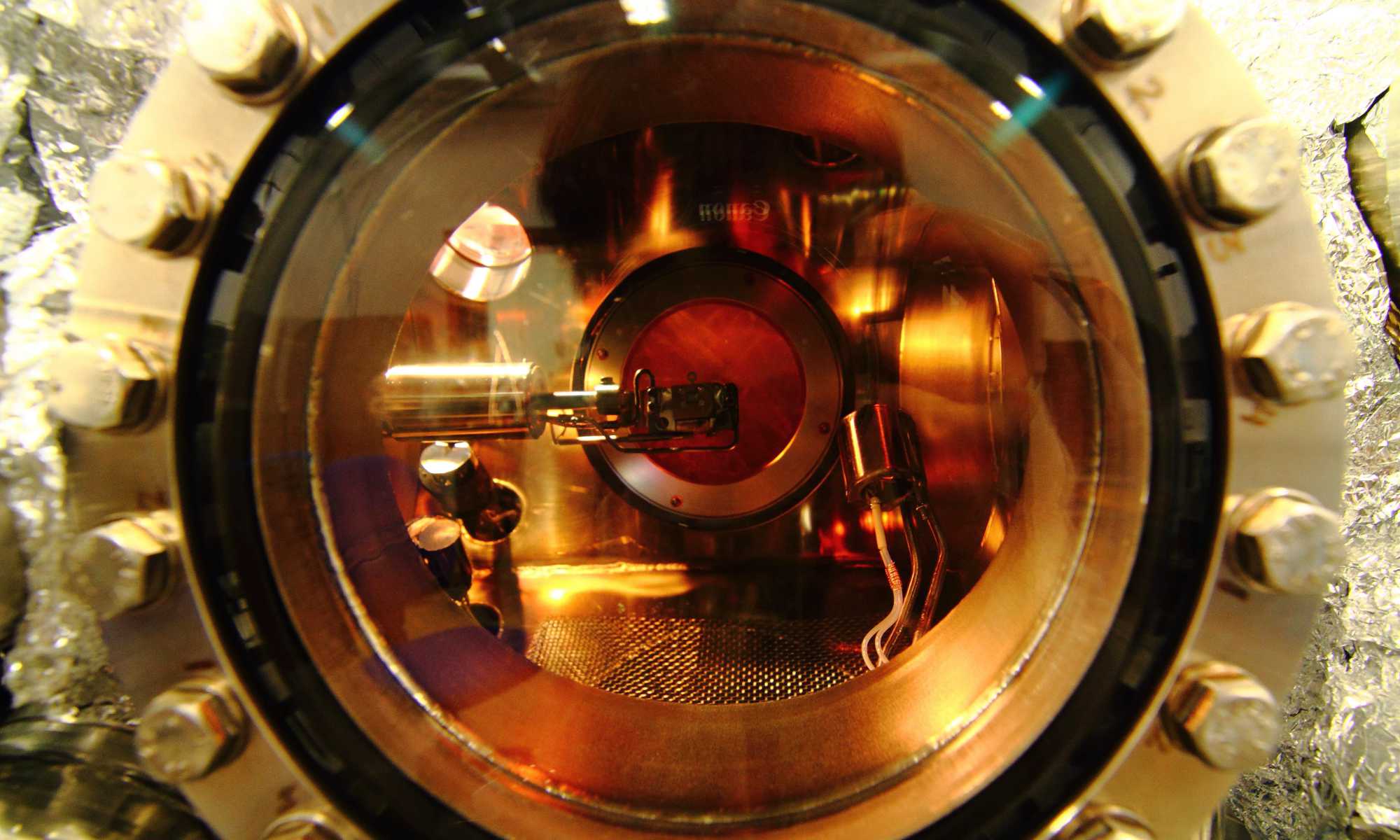
New molecule could pave the way for more efficient computers
A team of scientists has developed the “world’s most electrically conductive organic molecule.”
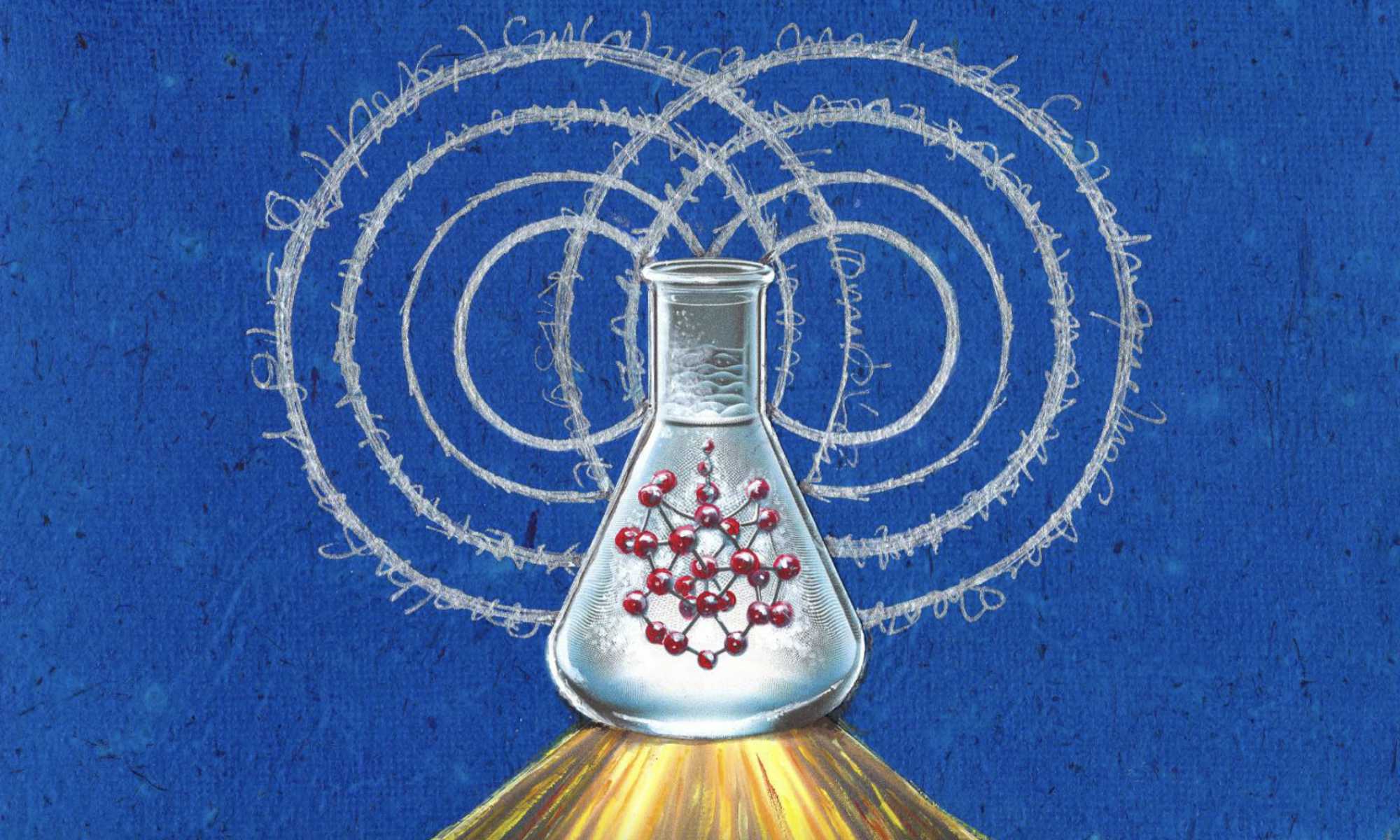
New strategy reveals ‘full chemical complexity’ of quantum decoherence
The findings can be used to design molecules with custom quantum coherence properties, laying the chemical foundation for emerging quantum technologies.
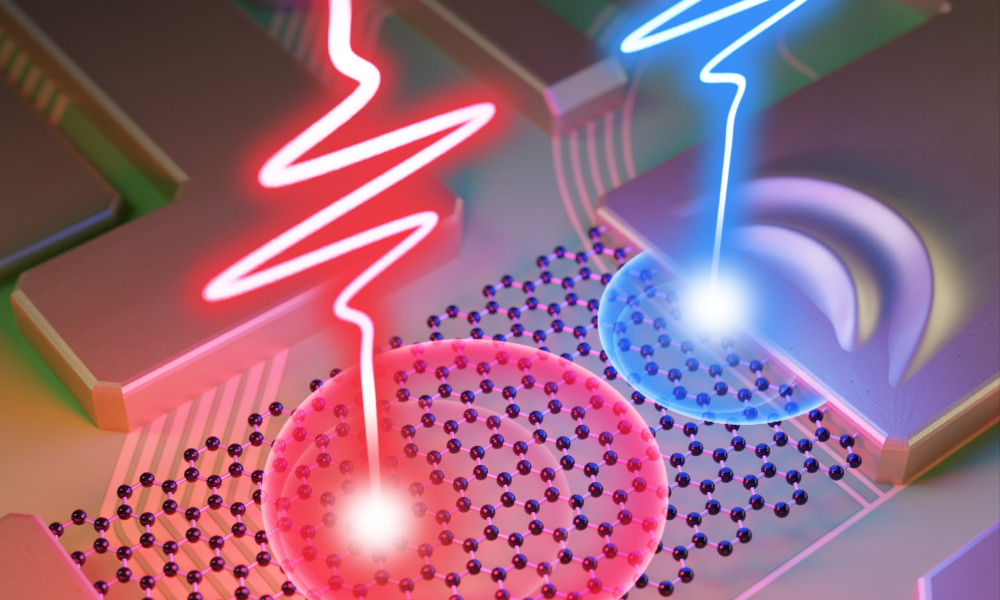
Laser bursts drive fastest-ever logic gates
By clarifying the role of “real” and “virtual” charge carriers in laser-induced currents, researchers at Rochester and Erlangen have taken a decisive step toward creating ultrafast computers.
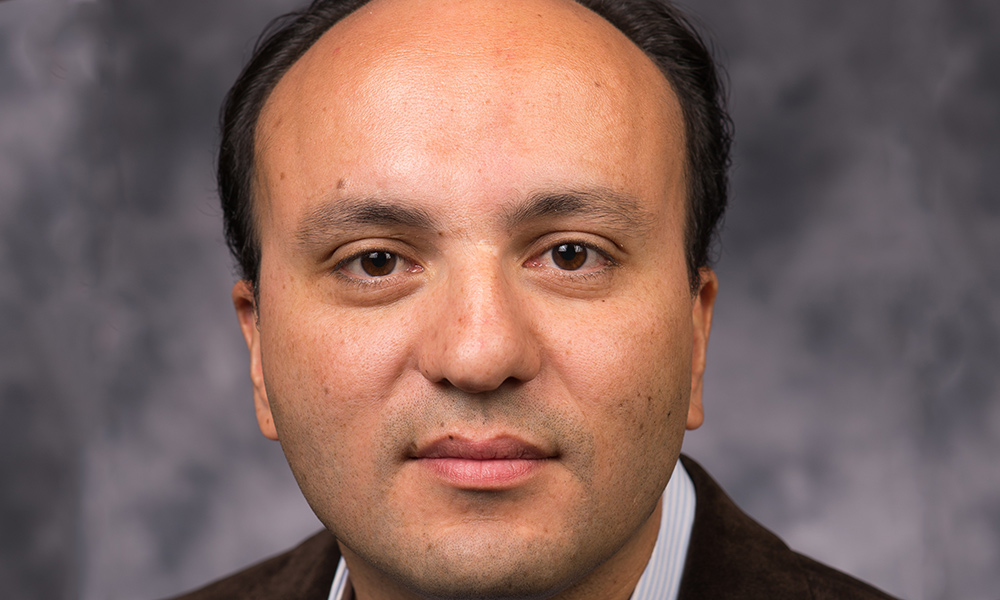
Mentoring undergraduates through ‘uncharted territory’ in chemistry research
Chemistry professor Ignacio Franco is the 2021 recipient of the College Award for Undergraduate Teaching and Research Mentorship.
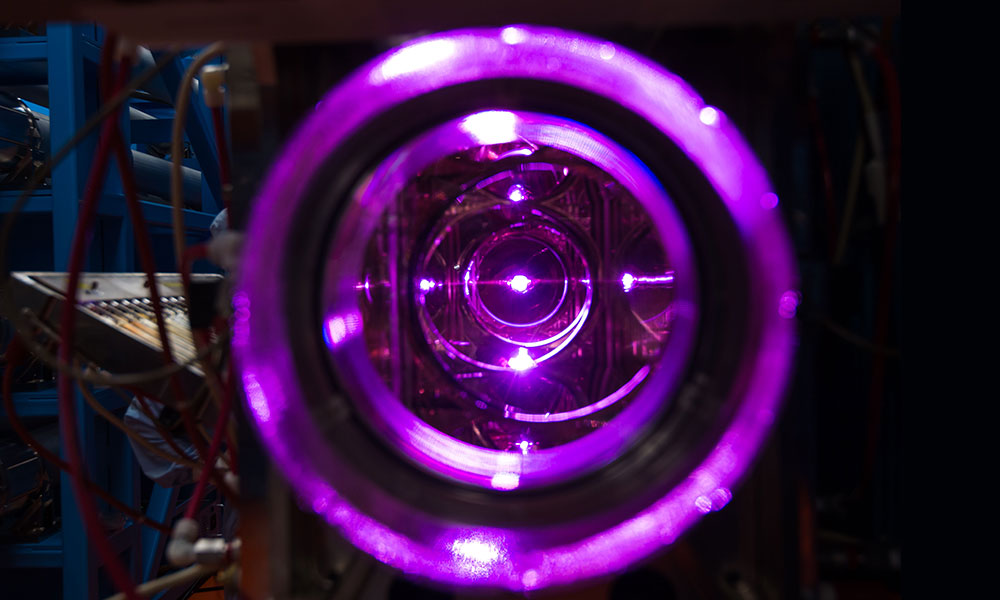
The year of the laser
In addition to their Nobel noteworthiness, Rochester researchers continue to develop new ways to apply lasers in research, medicine, and everyday life in 2018. Because frankly, we’re big on lasers.
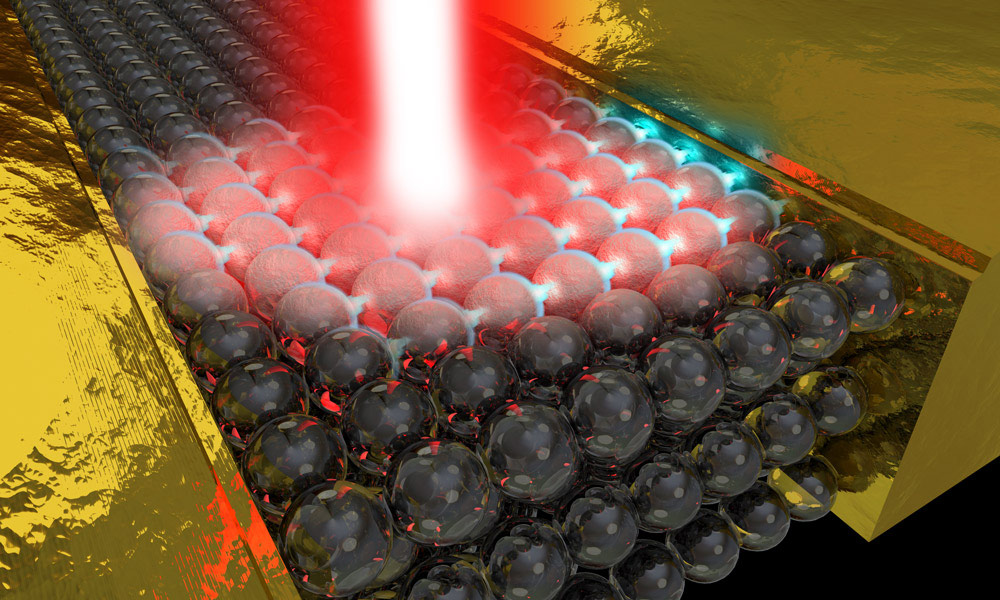
Laser bursts generate electricity faster than any other method
A University researcher who predicted that laser pulses could generate ultrafast electrical currents in theory now believes he can explain exactly how and why actual experiments to create these currents have succeeded.
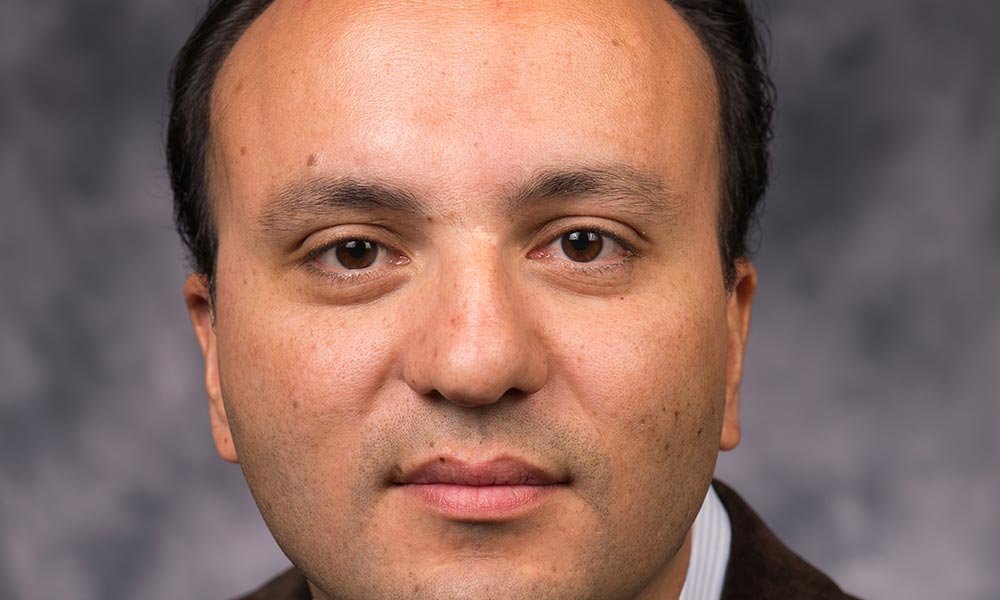
Ignacio Franco wins junior faculty award
Ignacio Franco, assistant professor of chemistry and physics, has been selected as a winner of the OpenEye Outstanding Junior Faculty Award for fall 2017 by the American Chemical Society.
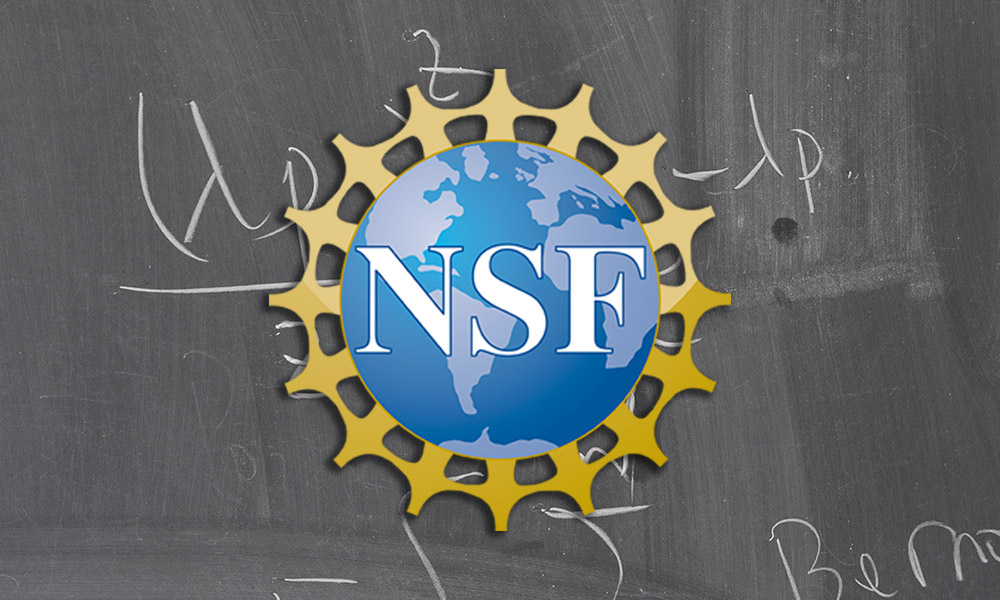
NSF CAREER winners blend research and education
Four Rochester researchers are among the latest recipients of the National Science Foundation’s most prestigious award for junior faculty members.
